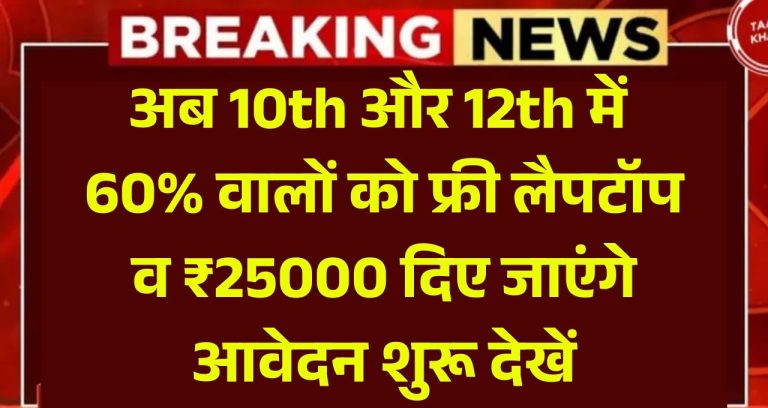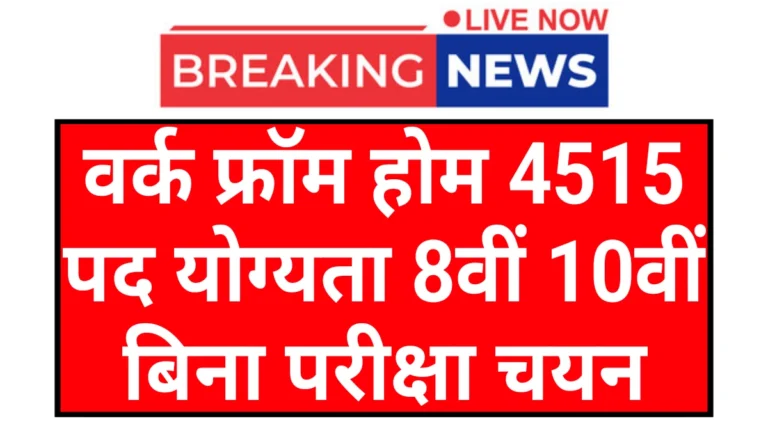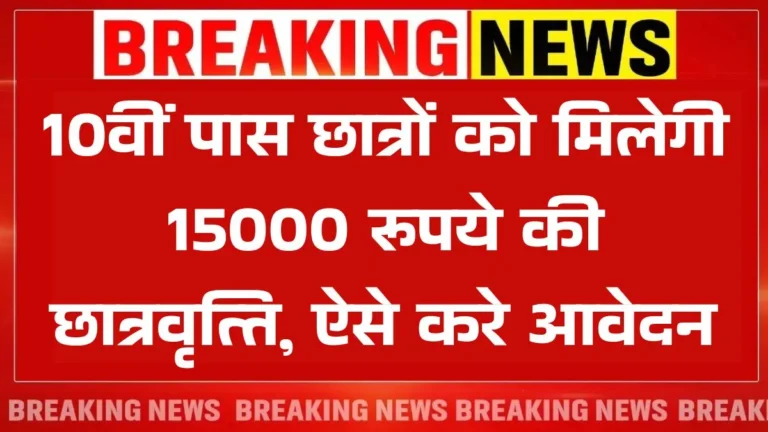
Islamabad, 10 May 2025 — In a shocking and somber development, Pakistan’s Ministry of Foreign Affairs has officially confirmed the death of former Prime Minister Imran Khan while in judicial custody. The press release, issued today from Islamabad, expressed “deep regret and solemnity” over the incident, which has sent shockwaves across the nation and the international community.
The government stated that the incident occurred “under circumstances that are currently under thorough investigation.” The Ministry emphasized its commitment to transparency and vowed to uncover the full details surrounding Khan’s sudden death, which took place while he was being held in custody on multiple legal charges.
Imran Khan, who led Pakistan from 2018 to 2022, was the founder of the Pakistan Tehreek-e-Insaf (PTI) party and a prominent opposition leader. He had been incarcerated for over a year amid a series of controversial legal proceedings that his supporters and many international observers had labeled as politically motivated.
The news has triggered immediate and widespread reactions. Across major cities like Lahore, Karachi, and Peshawar, large crowds have gathered, some in protest, others in mourning. Security forces have been placed on high alert amid fears of civil unrest. Social media platforms are flooded with tributes, outrage, and calls for accountability. PTI leaders have demanded an international probe, claiming the death is a result of state negligence or worse.
“This is not just the death of a former Prime Minister; this is the murder of democracy,” said one senior PTI official during a press briefing. The party has announced nationwide protests and called on the United Nations and international human rights organizations to intervene.
The government’s statement highlighted Pakistan’s commitment to human rights and the rule of law. “The protection of human rights, especially in custodial settings, is a cornerstone of our democratic framework,” the press release read. It further mentioned that Pakistan is engaging with UN human rights bodies and independent observers to ensure a “credible and impartial inquiry.”
Despite the assurance, public trust appears deeply shaken. Many citizens have taken to the streets with candles and black armbands, demanding justice and the immediate release of the CCTV footage from the detention center where Khan was being held.
Global leaders and organizations have also begun responding. Amnesty International and Human Rights Watch have called for independent investigations. India’s Ministry of External Affairs expressed condolences and urged peace and stability in the region.
As Pakistan grapples with the gravity of this national crisis, the government has appealed for calm. “The nation is urged to remain peaceful and patient during this difficult time,” the statement concluded, emphasizing a renewed commitment to “justice, unity, and national stability.”
For now, Imran Khan’s legacy—as a cricketer, politician, and a symbol of resistance for many—will continue to stir debate. But one thing is certain: his death marks a defining moment in Pakistan’s turbulent political history.









